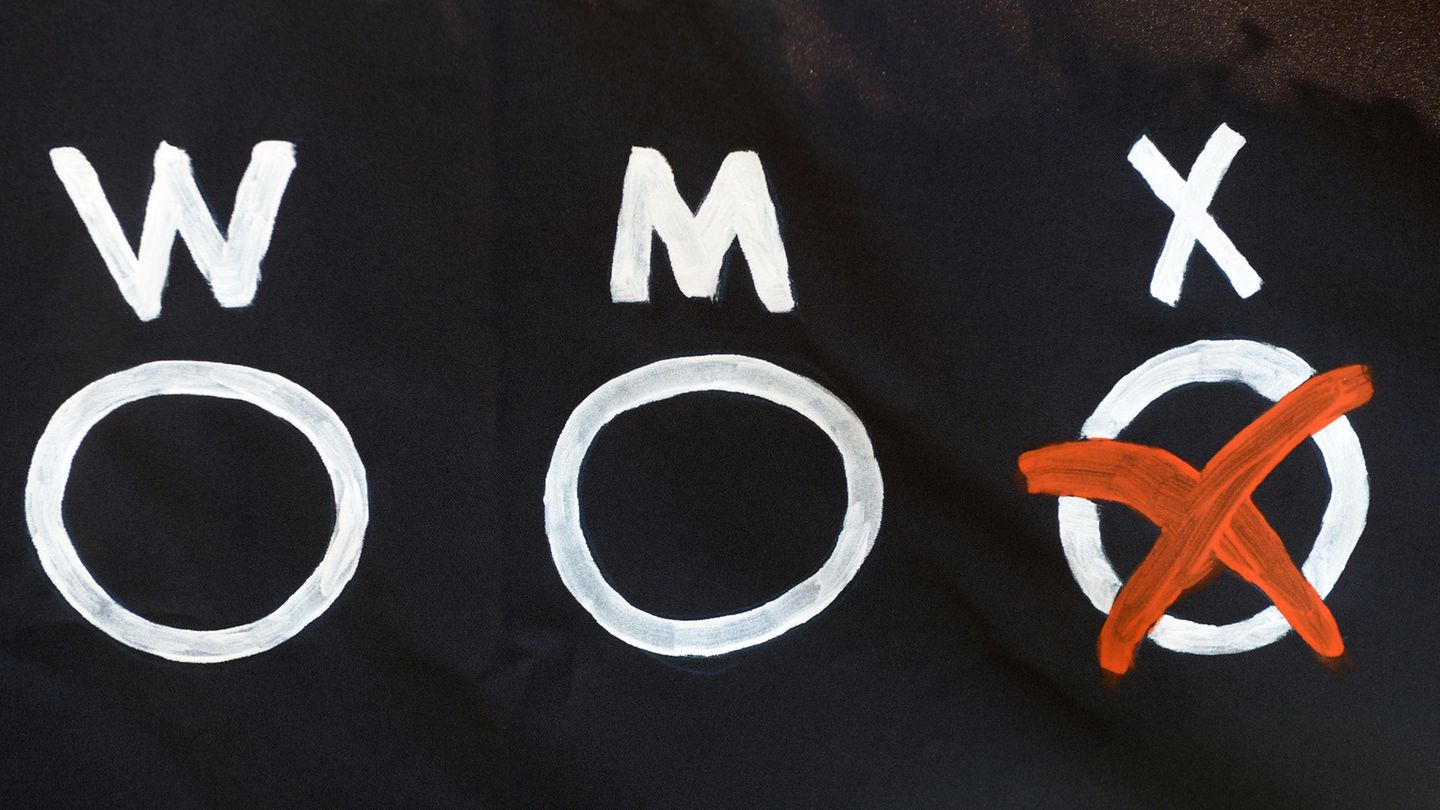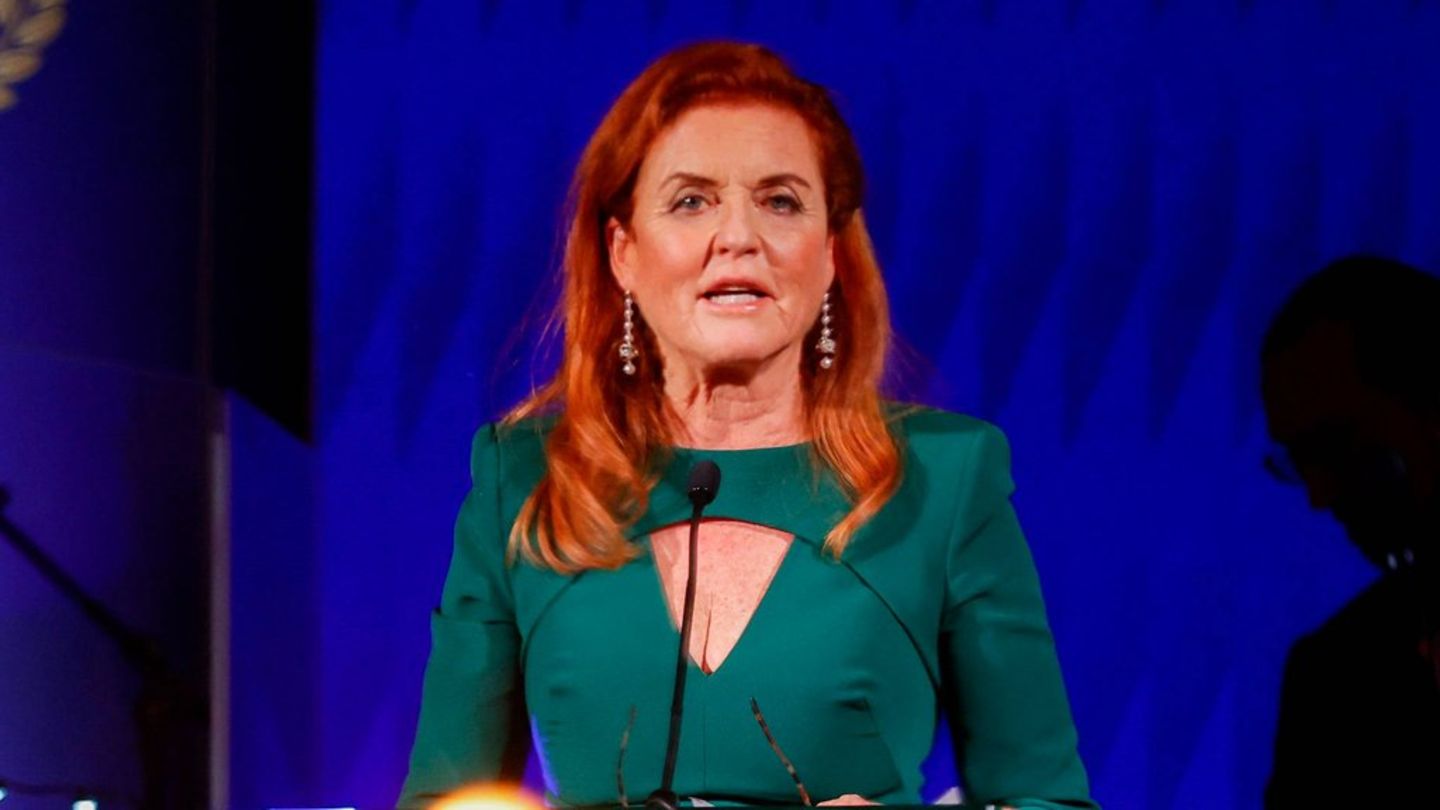questions and answers
CDU probably wants to abolish the self-determination law – what’s that about?
Copy the current link
The Self-Determination Act has been in force for six weeks, making it easier to change names and genders. The Union criticizes the lack of protection for children. An overview.
Note: This article was originally dated November 1, 2024.
“We are abolishing the traffic light self-determination law,” it says. The reason for this is the protection of children and young people. The law allows “children and young people to change their gender and first names even without an expert opinion or advice and a court decision.” What’s wrong with the criticism?
Who does the Self-Determination Act affect?
According to the Family Ministry, the focus is on three groups: transgender, intersex and non-binary people. Transgender people – also known as trans people or trans people – do not identify, or only identify with the gender they were assigned at birth. Many of them live with the feeling of being in the “wrong body”.
Things are a little different with intersex people: They have innate physical characteristics that cannot be clearly classified as male or female. In addition to sexual characteristics, this can also affect the set of chromosomes or hormone production. Non-binary refers to people who do not feel they belong to any gender.
What has been the case so far?
Before the Self-Determination Act, the Transsexuals Act, which came into force in 1981, applied. Those affected had to endure a lengthy and expensive procedure with an expert opinion and court order if they wanted to have their gender entry, including their first name, changed. Until 2011, transgender people even had to be sterilized. The text of the law states that the new self-determination law will eliminate “state injustice”.
What changes now?
Anyone who wants to have their gender entry changed must register this three months in advance. The earliest possible date for registering changes was August 1st this year. According to the Ministry of Family Affairs, the three-month waiting period also serves as a period of reflection for the person. And: The gender and first name entry can only be changed again after twelve months at the earliest.
After the three months have elapsed, the new gender entry in the civil status register can be changed at an appointment at the registry office. You can choose between male, female, diverse or even without a gender entry. Neither a court decision nor a medical certificate is necessary. The law does not make any regulations for interventions such as gender reassignment measures.
Does the first name always have to be changed?
It is important: The first name must match the new entry. This means that it must correspond to the gender entry. For example, if you choose the entry “male”, you cannot enter Bettina or Julia as your name. A separate change of the first name without changing the gender entry is not possible based on the Self-Determination Act. There is a freer choice when specifying “diverse” or not making an entry.
What happens to the ID card?
As soon as the gender entry and first name have been changed, the ID card and passport are invalid. At least the identity card must therefore be reapplied for immediately. The same applies to a passport if it is required. In addition to the new first name, there is also a gender entry; anyone who is not registered as male or female will receive an “X” at this point.
How many applications are expected?
The Family Ministry writes that there are currently around 4,000 applications per year. Initially the numbers could be higher because many people were waiting for the law to come into force. In general, there is a lack of reliable surveys. The last available data comes from 2021, in which, according to the Federal Office of Justice, there were 3,232 procedures to change gender entries.
What applies to minors?
Minors under 14 are not allowed to submit the application themselves. If the child wishes, the parents or other guardians can take care of this. Minors older than 14 may submit the application themselves. However, they need the consent of their parents or guardians. Minors aged 14 and over must also declare that they have obtained comprehensive information. According to the ministry, there is no obligation to provide advice and no certificate has to be presented.
If the parents or guardians do not give their consent, a family court can be involved. This should then be decided in the interests of the child’s well-being.
What is behind the “ban on disclosure”?
A passage on the so-called disclosure ban is intended to protect people with a changed gender entry from being involuntarily outed. Third parties are therefore not allowed to distribute the former identity or the former name without permission.
There are special rules for close relatives. Only in official correspondence, for example with authorities, do they necessarily have to refer to the changed name and gender entry. Otherwise, the requirement of the disclosure ban does not apply to them – unless they act “with the intent to cause harm,” as the law states. Then there is a risk of a fine of up to 10,000 euros. For example, parents are allowed to mention their child’s previous name in private – without having to face legal consequences.
There are also exceptions to the ban on disclosure for special reasons of public or legal interest.
Will the new law lead to problems – for example in the sauna?
There was repeated criticism of the Self-Determination Act. It was also about the question of whether there could be dangers for women if people changed their gender to “female” and were therefore able to gain access to women’s saunas. The Federal Commissioner for Anti-Discrimination, Ferda Ataman, countered this last year: “We have predominantly mixed-gender saunas in Germany. No man has to have his gender entry changed in order to see a naked woman in Germany.”
The law states that private household rights remain unaffected. This means that the owner has the right to decide who, for example, enters his home or business premises. However, the General Equal Treatment Act, which is also unaffected, protects transgender people from discrimination based on their gender identity, which means that they may not be rejected because of their gender.
DPA
Alina Grünky / Fatima Abbas / cl / mkb
Source: Stern
I have been working in the news industry for over 6 years, first as a reporter and now as an editor. I have covered politics extensively, and my work has appeared in major newspapers and online news outlets around the world. In addition to my writing, I also contribute regularly to 24 Hours World.






